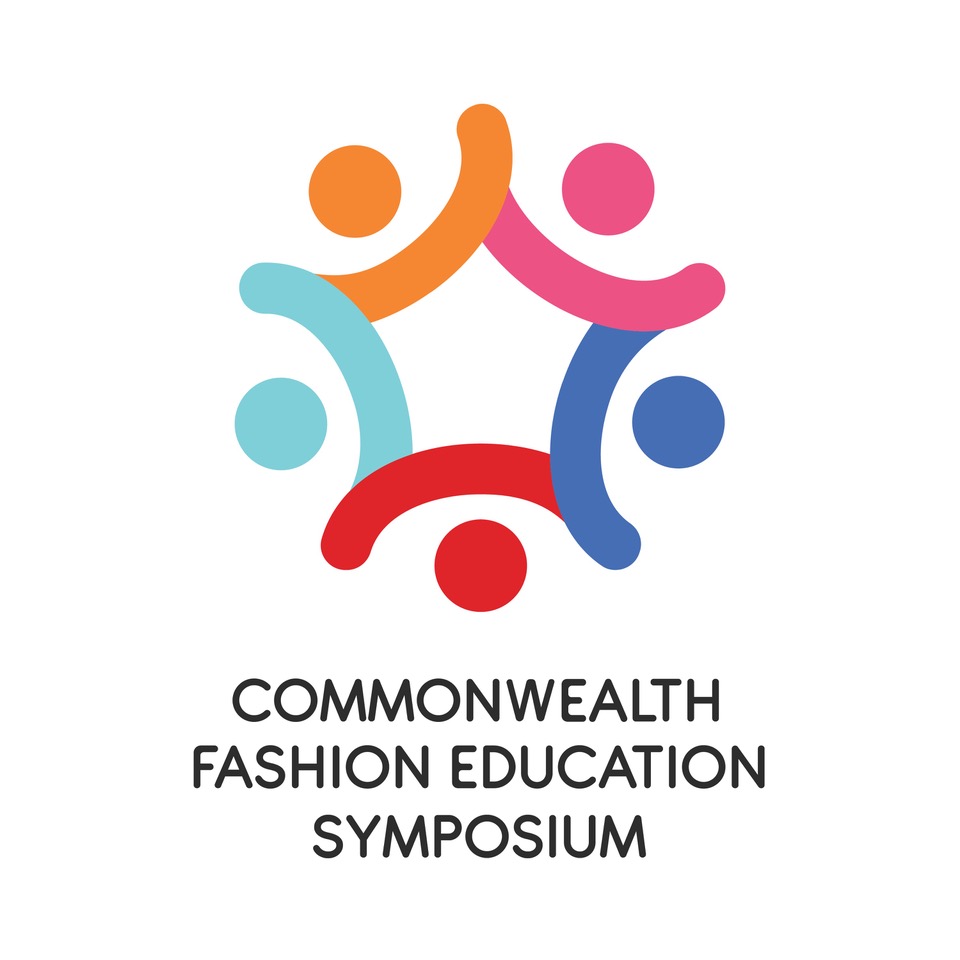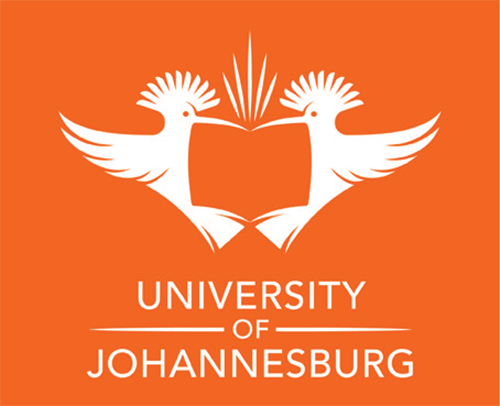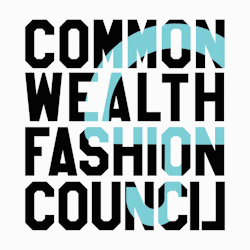2024 THEME: Agitation; innovation; intersectionality
Commonwealth Fashion Education Symposium 2024

Mission
To unite academics, industry, and fashion communities to advance and enrich fashion education globally.
Values
Freedom of expression and to amplify the values and aspiration of the Commonwealth Charter.
Vision
We want all citizens of the Commonwealth to have equal access to credible and recognized fashion education, no matter their geographical location. We also want to create a Commonwealth Fashion Education platform providing an enriched and inclusive educational environment in which our global fashion community can thrive.







Commonwealth Fashion Education Symposium 2023

📣 Call for submissions (abstracts & creative works)
The 2024 CFC Symposium sub-themes (‘Agitation’; ‘Innovation’; ‘Intersectionality’) provide the 21st century fashion practitioners (educators, designers, businesses/industries, concerned wearers, cultural commentators) an unusual platform to submit not only their theoretical research, but also practice-based research of ‘creative works’. How will the landscape of fashion education and the fashion industry evolve in the future? Using one of the sub-themes, ‘Agitation; Innovation; Intersectionality’, please contemplate the above as well as connected questions of your choice and submit abstracts of the proposed papers or creative works for presentation at the 2024-CFC Symposium. After a successful and meaningful launch of the Commonwealth Fashion Education Symposium ‘Futurity and Inclusion’, in 2022, the second edition entitled “AII” will take place on-line on the 23rd of February 2024.
Agitation
The 21st Century Commonwealth Fashion Education landscape needs to be “Agitation” – a call for the soul of fashion; for breaking out the sound barrier like hardened common sense, which perceives, studies, distributes, and employs fashion as a costly design manufacturing for the rich.
Agitation for the soul of fashion is the name we can give to our creative purposefulness; to our intellectual responsibility—to the manual for a struggle to step out of the domain of fashion to look for its moral essence; rejecting the cruelty of the associated exclusiveness; callousness; delighting in the generosity of inclusiveness and accountability towards humans and environment that fashion education has been largely missing out.
Because fashion is for humans, and humans have responsible souls, and each human is of infinite value and dignity, which finds meaning within and in habitats they value.
Abstract Proposals
Participants for this theme are encouraged to submit papers/creative works around the future identity of fashion as a responsible life activity for humans; their habitats; fashion design education as a learning for service; related businesses; solutions for its accessibility and circulation.
Proposals submitted may also look at that how technology and media can assist in conceiving a humanistic egalitarian fashion aesthetics for the future fashion curricula.
innovation
Innovation represents a multifaceted and dynamic phenomenon that intersects creativity, technology, culture, and commerce within the realm of apparel and aesthetics. In fashion, Innovation not only serves as a platform for designers to catalyze their creative responses and push the boundaries but also helps in developing new and inspiring models for reimagining the past, present, and especially the future. Today, innovation is the key to finding solutions to the global challenges faced by the world. Innovation, in its suggested incarnation, is essential for a new desired future which can benefit mankind and the earth.
Abstract Proposals
Participants for this theme will conceive fashion and fashion education as a discipline where existing ideas, methodologies, tools, equipment don’t appear to work at their fullest. As a result, they present papers/creative works, in which they share concepts/solutions/prepositions for fashion learning, teaching, entrepreneurship to adapt, transform and invent new interdisciplinary methods in an emerging space that fashion and fashion education of the future is. CFC is also looking for presentations of inventive course contents, ideakits, toolkits, that allow for broadening the creative scale and scope of the discipline of fashion; innovations that are aspirations to understand and solve complex humanistic and ecological issues such as culture wars, social justice and climate breakdown.
intersectionality
Intersectionality plays a crucial role in the world of fashion. Fashion is not merely about clothing and trends; it is a reflection of our society and the diverse identities within it. Intersectionality prompts us to recognize that fashion is experienced differently by individuals based on their intersecting social identities. It pushes us to go beyond a narrow, one-dimensional perspective and consider the complexities of race, gender, class, sexuality, and other aspects of identity that shape fashion choices experiences and innovation. It challenges us to celebrate and uplift the voices and perspectives of marginalized communities, who have often been underrepresented or overlooked in the industry. By embracing intersectionality, fashion can become a powerful platform for inclusivity across the board.
Abstract Proposals
Under this category, the CFC invites fashion stakeholders to see themselves as fashion activists. Proposals submitted for this theme could focus on some bold questions: In terms of intersectionality “what’s grim about fashion and fashion education? Why? Why are we in the field of fashion grim?” Is it that our discipline and curricular vocabulary in terms of how different people see themselves is deficient? Does fashion works give you the intellectual and practical tools to systematically make decisions that will leave you, whoever you are, with whatever values you have, making the best choices in your fashion practices you possibly can? Building on these questions, there could be proposals that reframe fashion in a way that makes everybody feel included. Proposals could be a critique of old core principles on which traditional fashion and its learning, teaching, making, and transaction is built, to propose new core principles. Topics featuring optimistic views of fashion-learning, fashion-making, fashion-selling; presenting the choices and techniques that are going to leave its community economically and spiritually as well-off as possible, are expected.
submit your abstracts here:
The Committee 2022
Dr. Shabnam Syed Khan (Pakistan Institute of Fashion and Design)
Prof. Neshane Harvey (Johannesburg University)
Elaine Gold (Global Advisor, Executive Director | Global Entrepreneurship Network UK)
Tony Rosella (University of Hertfordshire)
Bruce Sinclaire (Humber College [Canada])
Daniel J Hatton CEO/Founder Commonwealth Fashion Council
Imran Ghaffar (Pakistan Institute of Fashion and Design)
Shawana Khalil Associate Professor (Pakistan Institute of Fashion and Design)

